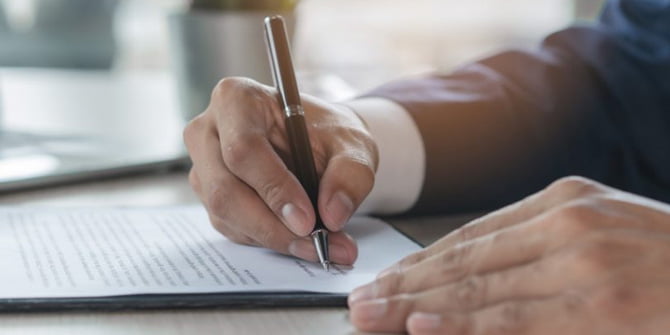What To Do During & After A Hurricane
Planning for a hurricane to make landfall in Florida is just the beginning of what could become a harrowing experience.
At The Morgan Law Group, our Florida insurance claims attorneys want our residents to remain as safe as possible during and after a hurricane.
Here are a few tips to stay the course while the dangers of the storm are at your doorstep.
What Should I Do During A Florida Hurricane?
Being prepared for a hurricane is paramount to your safety, but there are times when a hurricane is too dangerous to withstand, and local officials may order an evacuation. Listen to them.
- Fill the gas tank in your car before the storm arrives, in the event that you must evacuate. Remember, gas may not be readily available, due to power outages or lack of resources, when the hurricane makes landfall.
- Inventory a list of valuables within your home, business, and on the property, so they can be accounted for upon your return.
- Secure passports, birth certificates, copies of insurance policies, and other important documents that may be irreparably damaged during the storm.
- Assemble supplies, including a to-go bag of essentials you will need while away from home.
- Keep an emergency kit in the car.
- Decide with your family and friends to remain in contact or reunite after the storm.
- Do not walk, swim, or drive through floodwaters or go around barricades. Fast-moving water, no matter how deep, can be extremely dangerous.
If sheltering in place:
- Use the storm shelters made available in the community, if your home is not safe.
- Go to a small, interior, and windowless room or hallway on the lowest floor for the duration of the storm.
- Avoid the dangers of flooding by retreating to a higher level when necessary, but do not climb into a closed attic, as rising waters can cause you to become trapped.
- Listen for current emergency information and instructions.
- Use a generator or other gasoline-powered machinery ONLY outside and away from windows to avoid carbon monoxide poisoning, fires, or other hazards.
Everyone’s circumstances will differ during a hurricane, but everyone’s goal should be to remain as safe as possible. Do not go outside during the storm or try to travel once the evacuation window has closed.
What Should I Do After A Florida Hurricane Has Passed?
Once the hurricane has passed, things can still be incredibly dangerous outside. Proceed with caution when surveying any potential damage to ensure you are not injured in the process.
- Listen to authorities for information and special instructions regarding dangers, road closures, and travel advisories or curfews.
- Wear protective clothing and gloves during the cleanup process to avoid injury or infection.
- Avoid wading in floodwater, which may contain dangerous debris, infectious bacteria, or downed power lines.
- Always work with another person in case an injury occurs, so s/he can seek help.
- Do not contact downed wires of any type, and avoid touching or operating electrical equipment if it is wet.
- Save phone calls for emergencies, and use text messaging or social media to announce your safety to others or to reconnect with friends and family members.
Document Any Hurricane Damage Immediately
When you are safely able to evaluate any damage to your home, business, or property, be sure to document it thoroughly with photographs, video, and in written details.
No item should be left off your list. Small things, like missing tiles or roof shingles, can become larger problems later. Document everything.
If you reviewed your insurance policy before the storm and still have questions about what your coverage means today, contact The Morgan Law Group at (866) 547-3697 and speak with our hurricane michael claims attorneys to ensure your claim is not delayed – or worse – denied altogether.

